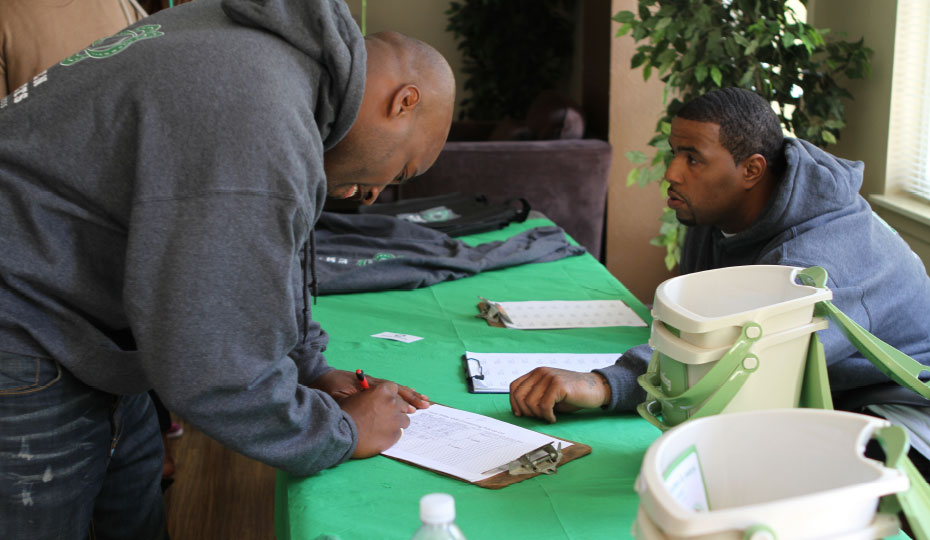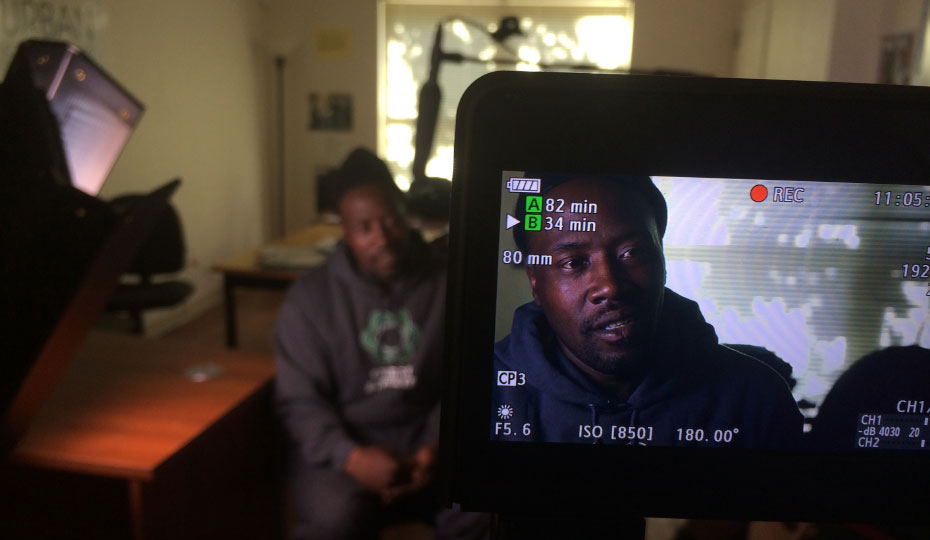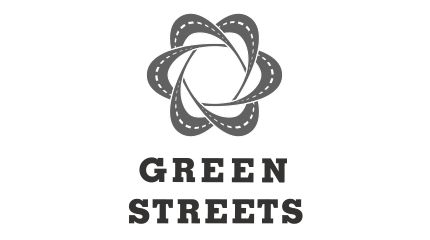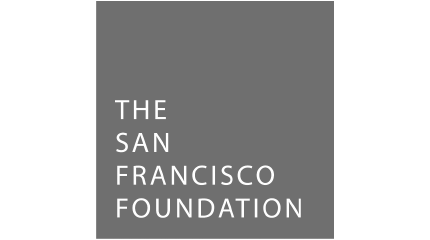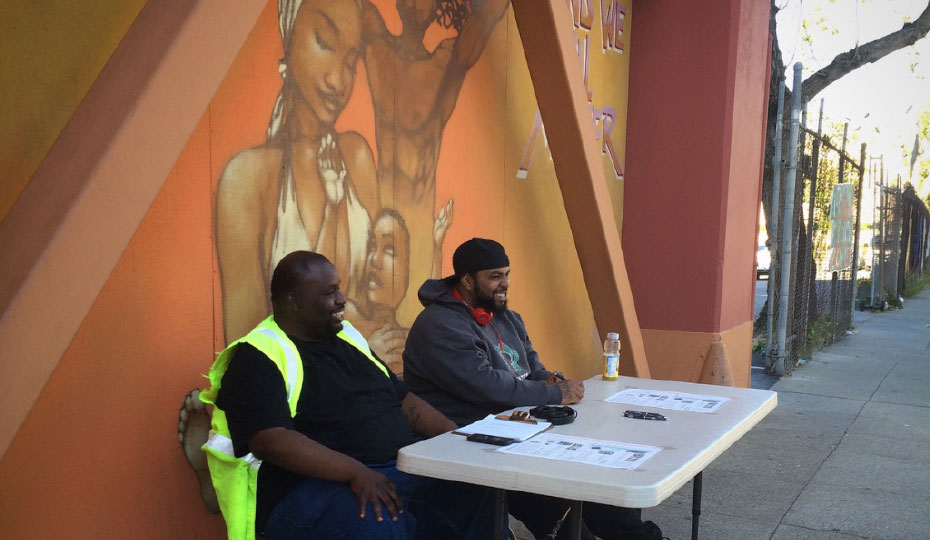Green Streets the Documentary
Media
We embrace the idea of “work-in-progress” as essential to collaboration with a social enterprise that cleans up distressed neighborhoods. We continually update our documentary work in order to connect with audiences as the story evolves, and to amplify its impact. Different documentary iterations speak to different stakeholders and help us understand them; they, in turn, provide feedback on our work and make it more effective.
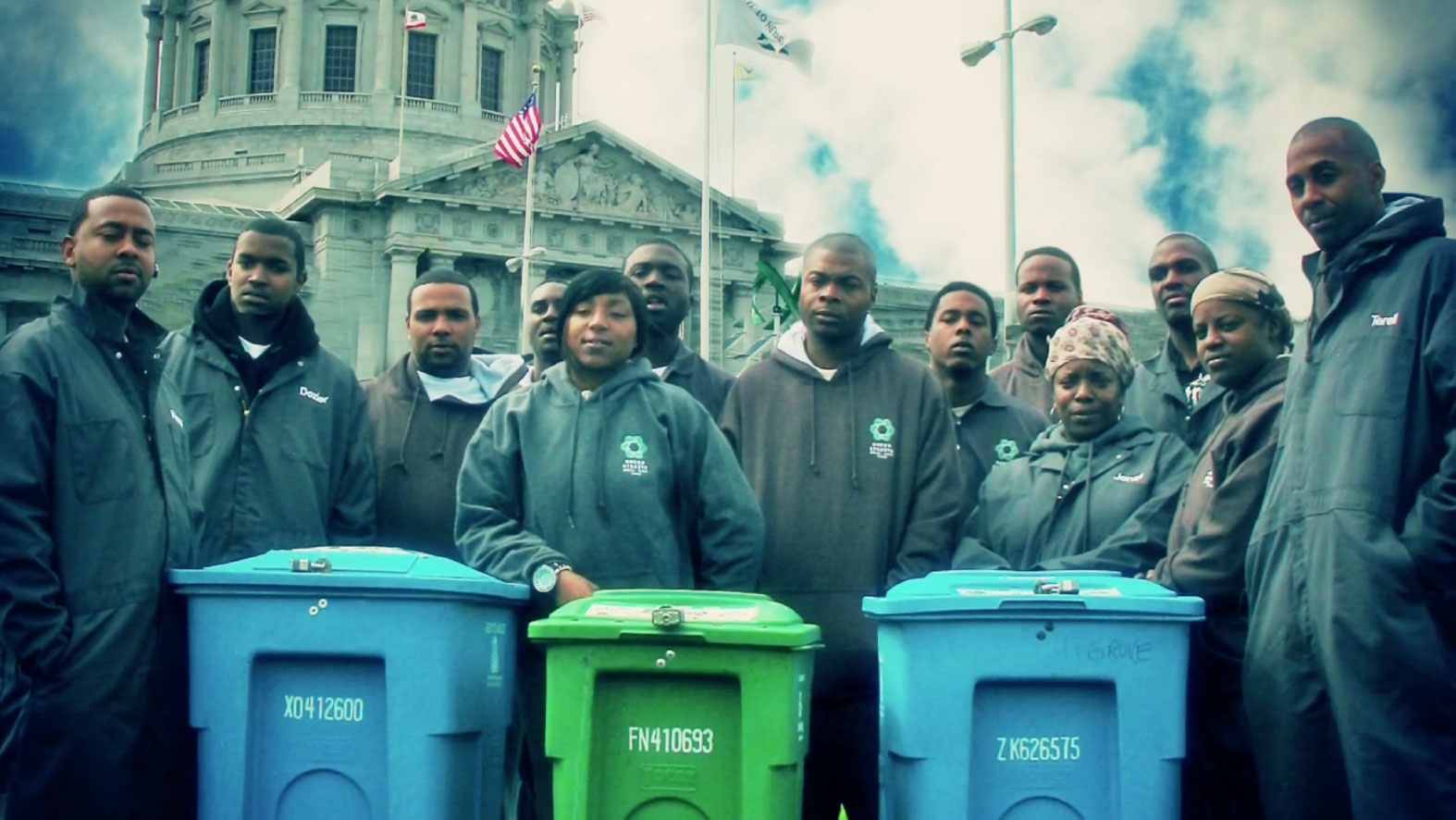

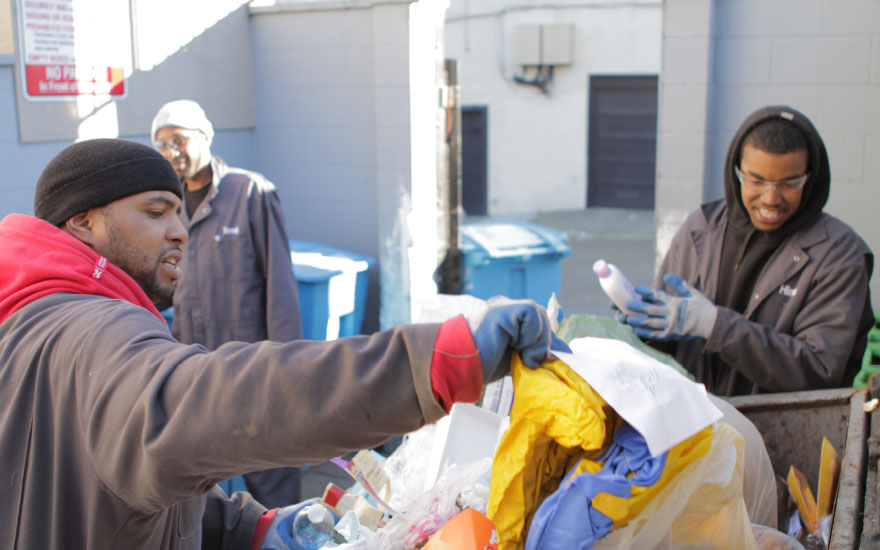 Our work secures contracts, creates jobs and reduces landfill waste. Each Green Streets worker recycles approximately 20,000 gallons of waste per month, and becomes a steward of his or her community.
Our work secures contracts, creates jobs and reduces landfill waste. Each Green Streets worker recycles approximately 20,000 gallons of waste per month, and becomes a steward of his or her community.